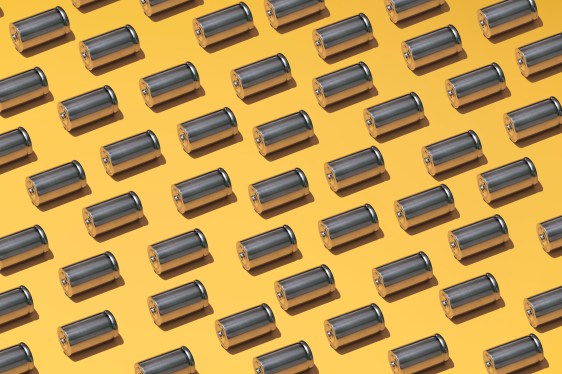Just over a year ago, Moxion Power closed its doors, adding its name to a list of high-profile bankruptcies that roiled the climate tech world. The portable battery startup had raised more than 110 million dollars in a bid to replace diesel generators at festivals and construction sites, but even that significant funding was not enough to help it survive the difficult startup phase known as the valley of death. Moxion laid off more than 400 employees and its assets were liquidated.
Now, the startup’s co-founder, Paul Huelskamp, and several former Moxion employees are back with a new company called Anode Technology Company. They hope to accomplish the same goal of replacing diesel generators, but this time they aim to avoid repeating past mistakes. Huelskamp, now the CEO of Anode, stated that the team started Anode to finish what they had begun.
Anode has been operating quietly and is now emerging with 9 million dollars in seed funding. The funding round was led by the venture firm Eclipse, with partner Jiten Behl spearheading the deal. Behl was previously the chief growth officer at Rivian. His interest in this space was sparked by his experience there, where he saw that the major challenge for electric vehicle fleets was not the cost of the vehicles themselves but the lack of charging infrastructure. He explained that charging a large fleet of vans requires a mini power plant, which does not exist at most depots.
In a pinch, many fleets turn to diesel generators for power. This creates an opportunity for mobile battery solutions that offer grid independence and flexibility. While other companies provide EV charging using mobile batteries, Huelskamp claims that Anode’s integrated hardware will set it apart. The company has designed a specialized inverter for its target markets, including EV charging, construction sites, and live events.
Anode’s mobile battery is also slightly smaller than the large unit Moxion developed. Huelskamp says this smaller size makes it easier to load onto flatbed trucks, which is a key factor in optimizing the cost of delivered energy. The company is focused on how much energy can be transported efficiently with the fewest trucks and drivers. This focus on operational efficiency is a lesson learned from the Moxion experience.
A key difference in strategy is that Anode will use contract manufacturers to build its batteries, unlike Moxion which attempted to handle all manufacturing in-house. Huelskamp acknowledged that taking on manufacturing is a significant challenge for a startup. For investor Jiten Behl, the fact that the Anode team has already learned these difficult lessons made the investment more attractive.
While EV charging depots represent an emerging market, construction and live events are established industries that currently rely on renting fossil fuel-powered generators. These generators are costly and inefficient compared to large power plants. Huelskamp believes this inefficiency gives Anode an opening, as they can charge their batteries at a much lower cost per kilowatt-hour than what the industry currently pays.
Huelskamp said Anode will use artificial intelligence to optimize its operations, including charging and delivery schedules. Over time, as the company scales and battery costs continue to decline, he believes the cost of their delivered energy will approach the cost of power from the grid.

